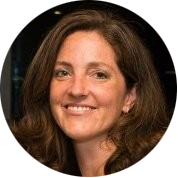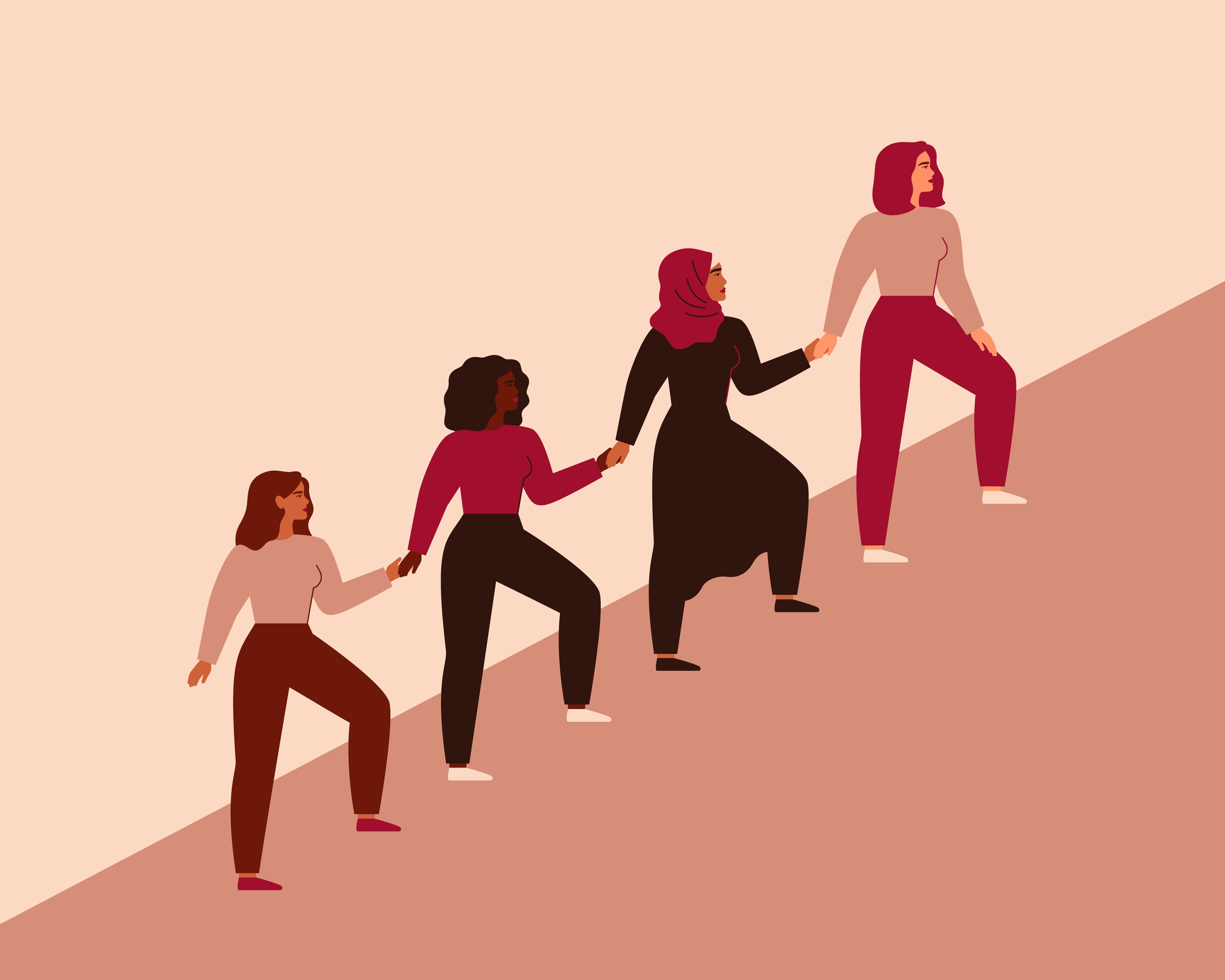By Wendy Teleki, Head of the We-Fi Secretariat
I have been thinking a lot recently about the intersecting crises that are facing our world and the role of women entrepreneurs, not just to survive these crises intact but to be agents of positive change in these trying times. In the development community, we are so accustomed to thinking of women entrepreneurs in the informal sector, vulnerable to so much economic and climate injustice, and deserving of efforts to increase their resilience and security so that they can keep bread on the table and their children educated. We are less likely to think of women entrepreneurs as dynamic agents for creating more green, resilient and inclusive economies.

As employers of women, creators of innovative and inclusive solutions for their communities, and investors in their own families and communities, women entrepreneurs are a powerful force for good. In Yemen, the Islamic Development Bank’s We-Fi program enabled a women-run tailoring shop to produce personal protective equipment (PPE) during the pandemic. In Vietnam, women-led agribusinesses were able to expand thanks to financing enabled by IFC and We-Fi and introduce organic farming practices to thousands of smallholder farmers.
In Uzbekistan, EBRD and We-Fi helped an entrepreneur re-open her medical training school to train healthcare providers during COVID. There are so many untold stories about women like these, whose businesses are bringing change and relief to the communities they serve.
We-Fi implementing partners are working full steam to support women like these across the globe. In July, the African Development Bank introduced a technical assistance grant from its We-Fi-supported Affirmative Finance Action for Women in Africa Initiative (AFAWA) to help women entrepreneurs in Tanzania become more bankable. In Uzbekistan, IFC’s We-Fi program is providing performance-based incentives to help the country’s leading banks boost access to finance for women-owned businesses.
But far more is needed from the development aid community to support female entrepreneurs. As evidenced in We-Fi’s Case for Investing in Women Entrepreneurs, women are twice likely to be rejected for bank loans, and globally, women face a $1.7 trillion gender financing gap. At this year’s G20 Ministerial Conference on Women’s Empowerment, delegates shared a sense of urgency to put female-led businesses front and center in the international aid structure, starting with promoting the collection and use of sex-disaggregated data and statistics.
Working closely with partners, We-Fi seeks to systematically address data gaps in financing and supporting women entrepreneurs. This July, at a workshop hosted jointly by the Global Partnership for Financial Inclusion (GPFI), the SME Finance Forum, and We-Fi, we introduced the concept of a WE Finance Code, a proposed global framework that would encourage financial institutions to increase access to finance for women entrepreneurs.
As the world emerges from the Covid-19 pandemic, We-Fi bears constant witness to the struggles and ambitions of women entrepreneurs – who not only deliver innovative solutions to the challenges we face, but are indeed the backbones of recovery. Now is the time for development policymakers to recognize women’s central role in a time of intersecting crises and design policy tools that help unleash their full potential.

